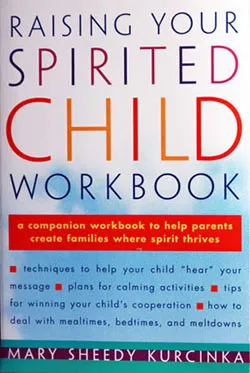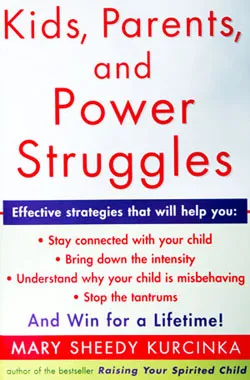Take the Fight Out of Those Dreaded Daily Transitions

Take the Fight Out of Those Dreaded Daily Transitions
If your children are falling apart when it is time to go out the door, get into bed, come to dinner, start homework, leave the park, or at pick-up time, it’s likely you have a transition problem - not an unruly child. A transition is any passage from one state, space, subject, or activity to another. Every transition opens you to potential meltdowns. The good news is you can utilize emotion coaching strategies to make those difficult times of the day better – much better.
Follow these 5 steps utilized by emotion coaches, to create effective, peaceful transitions
- Identify the problem: When the same troublesome behavior repeatedly occurs recognize it, and consciously decide to make a change.
- Create a plan: The key to successful transitions is a step-by-step plan that, to the best of your ability can be followed every single time. Include your children in the planning. For example, to make the mornings go smoother teach your children that when they wake, they can enjoy a cuddle, then toilet/diaper, dress, brush hair and teeth. All tasks are completed BEFORE leaving the sleeping area. This eliminates unnecessary stops/starts/shifts or surprises that may trigger power struggles.
- Make the plan visual: Together with your children create a visual outline of the plan so they can “see” as well as hear the steps. Lay it out like a 4-6 frame cartoon with one step sketched in each frame. They can draw the pictures. You can label them if needed. Read and review it together.
- Establish a clear limit and expectation: Each time you review the plan, end with the question; What will happen if you decide not to follow the plan? If your child is three or older, they can help decide what will happen. What happens doesn’t matter as much as everyone knowing what will happen!
- Implement the plan when you will not feel rushed and can be fully present. Select a day, perhaps on the weekend to begin implementing your plan. That way you can walk through the steps, pause as needed to calm everyone and not have the pressure of needing to do something or be somewhere else. If possible, implement when another adult is available to back you up.
Reading through these steps you may realize that following them seems to be much easier for some parents than others. Understanding your style helps explain why.
There are three different parent styles, authoritarian, permissive and emotion coaching. If your style is more:
Authoritarian: Successful transitions may be quite easy for you to develop, follow and enforce. Your challenge may be to remember to involve the children in the process, teach them the plan and help them create the visual chart. You may also struggle to recognize when it’s time to pause, and calm everyone rather than pushing on to the next step.
Permissive: Transitions may be challenging for you. By nature, you are likely a free spirit. The thought of following a consistent plan feels restrictive. You like spontaneity, but unfortunately, when it comes to transitions no plan all too frequently results in meltdowns. Thus, your first hurdle will likely be convincing yourself, that peace during these key transitions of the day is worth the effort. Another challenge may be to stay focused. When your child asks to use electronics, or do something other than the next step in the plan, your initial reaction may be, “why not?” But the next day, when there is no time for electronics or that other activity, you will be forced to say, “no.” That will likely trigger a meltdown. Flexibility is an asset in many situations but not transitions. Consistency is your ally here. But all is not lost, your strength lies in sensitivity to your children’s emotions as they move through the plan. You are comfortable pausing to give the hug to calm – just don’t get distracted. Once everyone is re-centered come back to the plan. Your strengths will shine AFTER the transition – during more open-ended activities such as free play when spontaneity and creativity are true assets.
Emotion Coaching can be your parenting team's common ground and the launching pad to successful transitions.
Display All Posts
Search by Topic:
Popular Posts:
- When your child yells at you: Expecting and Coaching respectful behavior
- 5 Tips to Stop the 'Strike out Tantrums:' Hitting, Biting, Kicking and Name-calling
- Why is my child suddenly clingy?
- Ten Steps to a Peaceful Bedtime for Your Spirited Child
- When Your Child’s Meltdowns Might Ruin Vacation






